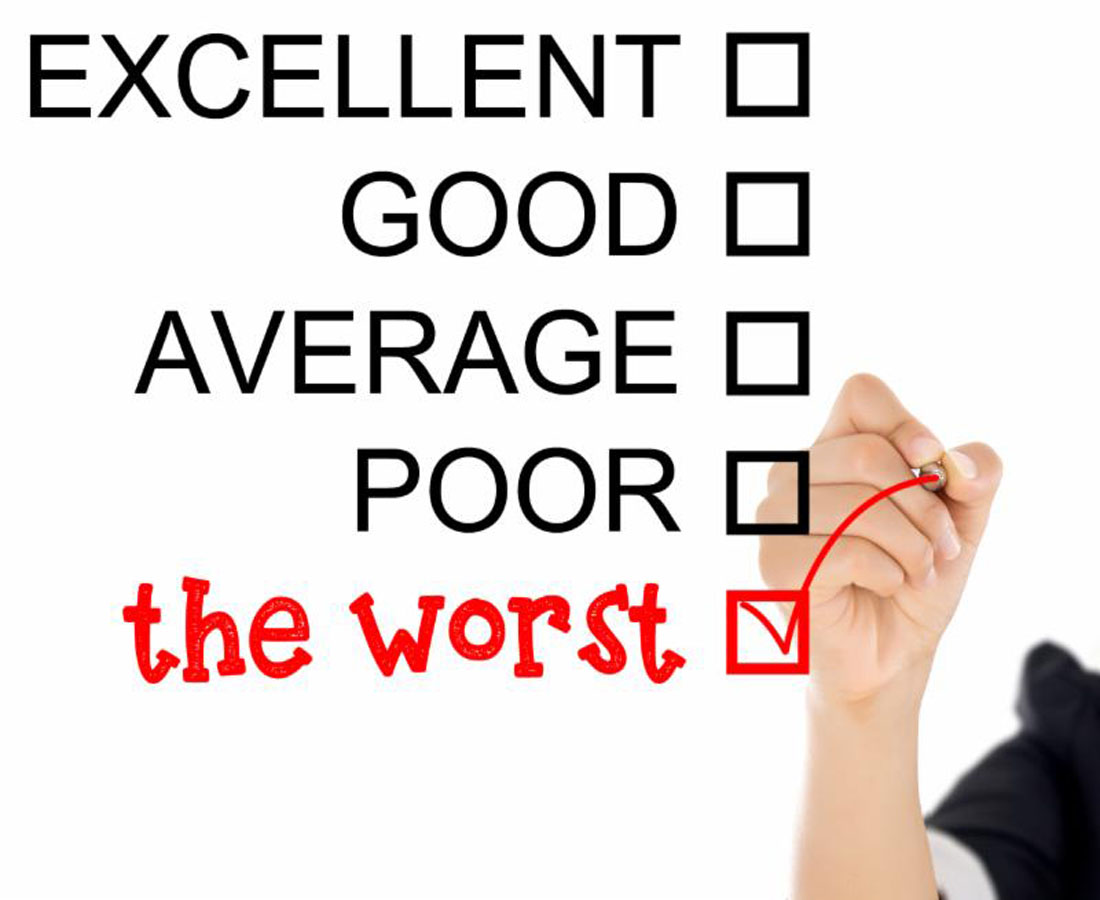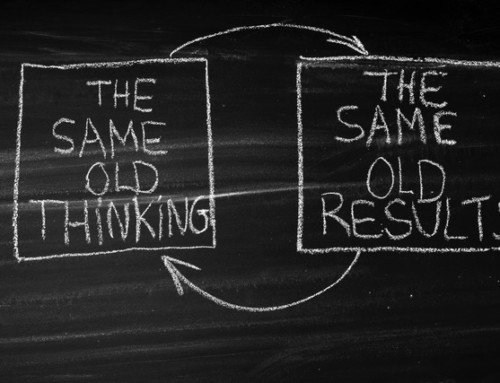“What is your greatest weakness?” question comes up in just about every interview. Tempted to give a cliché answer? Don’t. You run the risk of losing out on your dream job before the interview is over.
The Question is Such a Cliché. Why Do Interviewers Ask It?
There actually are many good reasons interviewers ask that question. The question is not asked to trip you up, but to make sure you are the right person for the job. Hiring the wrong person is a costly mistake all employers want to avoid. By asking the weakness question prospective employers are assessing your:
- Stress management. Your ability to handle challenges and maintain your composure under stress.
- Self-awareness. Are you aware of your weaknesses?
- Can you speak about your weaknesses honestly?
- Self-correction. Can you recognize and accept a weakness, then independently take corrective action to remedy it?
- Risk to the company. Knowing your weaknesses and shortcomings allows for a better sense of your success in the position and with the company.
Beware! The “weakness” Question is Often Disguised.
Since the “what is your greatest weakness” question is so predictable, some interviewers disguise the question. You may hear…
- What’s an area you’re working to improve?
- If I called your last manager or co-worker, what would they say about you?
- In your last review, what was on the list of opportunities for growth?
- Are there any problem areas or development needs we should be aware of?
What a Good, Bad or Non-answer Conveys
Candidates who don’t answer the question, or don’t answer the question honestly come across as disingenuous or woefully lacking in self-awareness. Those who do answer the question well display self-awareness, an understanding of employer’s concerns and refreshing candor. If you come across, as honest and unafraid, interviewers are more likely to conclude what they’re seeing is what they’ll get, and are more likely to hire you.
Preparing to Answer the Weakness Question
The strongest answer to the “greatest weakness” question comes naturally with good preparation.
- Avoid interview-killing answers.
Pull out the job description. Make a list of the essential qualifications, skills and requirements. Make sure your answer to the weakness question is not on the list.
- Do an honest self-assessment.
Put in some serious thought about your job-related weaknesses. What have you heard during your reviews? What feedback have you received from co-workers? No one is perfect, everyone has work-related challenges or opportunities to work on. Everyone! Make a list.
Keep in mind what you struggle with internally many not be perceived as weaknesses.
Example: If you feel managing people seems difficult, but you do it well, it’s not a weakness. But it might be an interview showstopper if you admit you struggle with people management in an interview where management or leading teams are required skills.
- Evaluate. How are you making headway overcoming your weaknesses?
Give an example of what you are doing to improve. What other steps will you take in the future to address your weaknesses?
Specifically, How to Answer the “Greatest Weakness” Question
The answer is a simple two-step process.
- When the question comes up, state the weakness. Be honest — state something that you are truly working on.
- Then, share what you’re doing about it.
3 Killer “Greatest Weakness” Interview Answer Tips
Tip #1: Do not answer the question by listing a weakness that is really as strength such as – “I’m a perfectionist.” Or “I work too hard.” It will be seen as insincere, and annoy the interviewer.
Tip #2: Be careful what you choose to list as your weakness. Choose something a developmental area rather than something that would indicate your inability to do the job.
Example: If you’re applying for a job as a programmer and you can’t code but you read a book about it in college, you will not be able to do the job. However, if you’ve been a programmer for a number of years, you know how to code in several languages but job description states the need for a specific certification you could list that as a developmental area because it can be learned quickly and is not necessarily a deal-breaker for the job.
You might say, “The job description lists C and C++ certifications are required. I’ve been programming in C and C++ for 5 years and I’m enrolled in certification classes now.”
Tip #3: Practice, practice, practice answering this question and all its variations until you are relaxed and comfortable with your answers.
Great Answers Get Great Results.
Answering this time-tested question well allows the interviewer‘s defenses to go down and your chances for an offer for a job that is truly a match for you and your skills to go up. Who knows? Before long, you may find yourself on the other side of the table, asking the not-so-stupid question.
Greatest Weakness? Smart Honest Answers!
Connie Dorigan, Founder and Director of Recruiting, sees the food processing industry as the link between good living and good people. She’s the west coast’s most experienced and trusted food processing recruiter. She also provides Executive and Career Coaching and lots of free job search tools. Once you’ve connected with Connie, you’ll always be connected.
© 2018 Connie Dorigan. All rights reserved.
This is a general interest article and does not constitute specific or legal advice.





